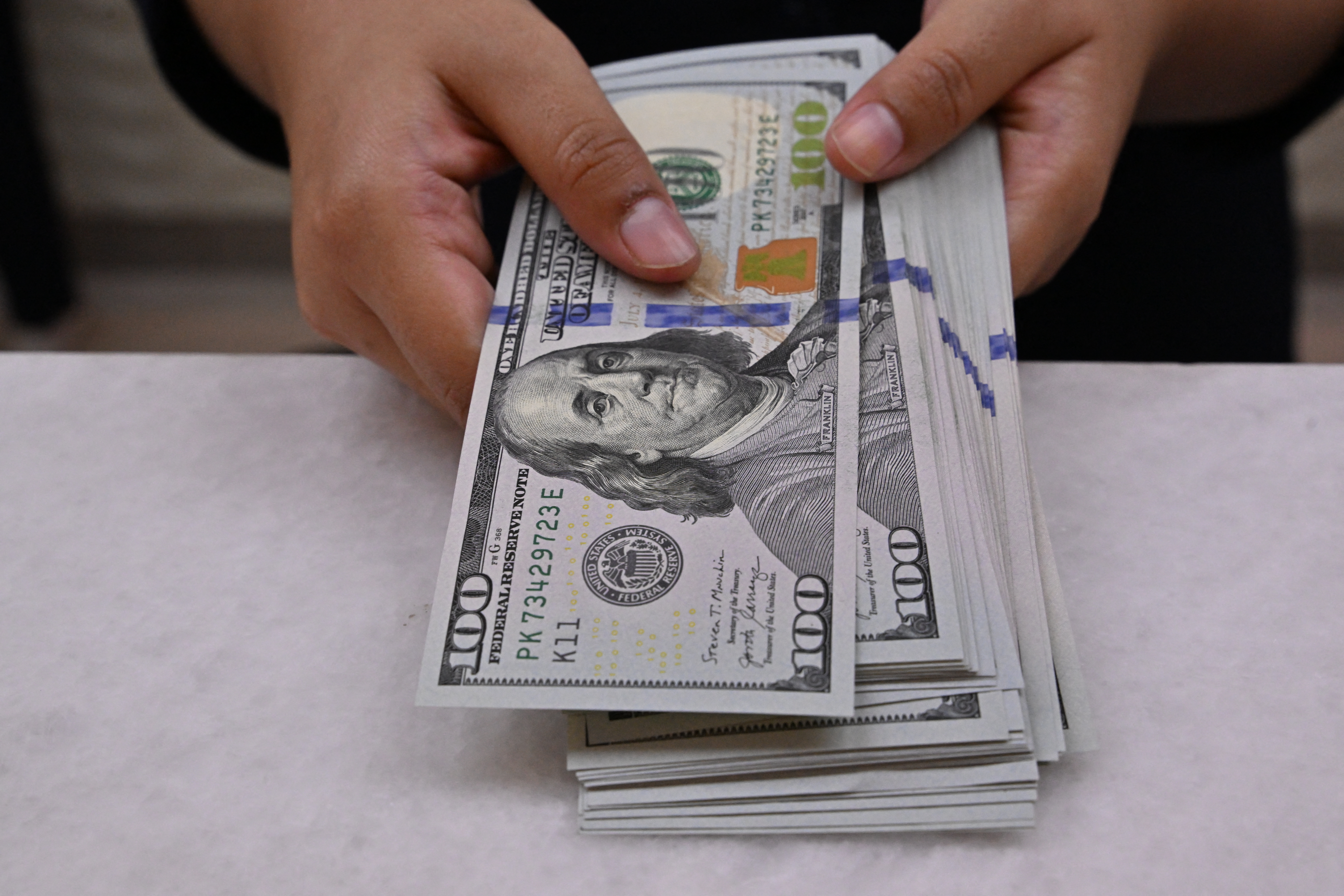Weidong Guan, known as Bill Guan, the Chief Financial Officer of The Epoch Times, was arrested for alleged involvement in a money laundering scheme, the Department of Justice (DOJ) said in a press release Monday.
Guan, 61, was arrested and charged with participating in a money laundering scheme involving at least approximately $67 million of illegally obtained funds, according to the news release. This indictment was unsealed by the Southern District of New York, revealing the extent of the alleged criminal activities that spanned from 2020 to May 2024.
The chief financial officer of conservative global news outlet The Epoch Times has been arrested and charged with leading a yearslong scheme to launder at least $67 million in illicit funds, federal prosecutors say. https://t.co/p68jJarIsg
— NBC News (@NBCNews) June 3, 2024
“As alleged, Bill Guan, the Chief Financial Officer of a global newspaper and media company, conspired with others to benefit himself, the media company, and its affiliates by laundering tens of millions of dollars in fraudulently obtained unemployment insurance benefits and other crime proceeds,” U.S. Attorney Damian Williams said in a statement.
Guan faces charges including one count of conspiring to commit money laundering and two counts of bank fraud. The money laundering charge could result in a maximum sentence of 20 years in prison and each bank fraud charge could lead to a 30-year sentence, the news release stated. Guan managed the company’s “Make Money Online” team based in a foreign office. (RELATED: FACT CHECK: No, This Video Does Not Show John Kennedy Revealing A ‘Laundering Scheme’)

A clerk poses with US dollar banknotes at a money changer in Jakarta on May 2, 2024. (Photo by ADEK BERRY/AFP via Getty Images)
Under his direction, the team allegedly engaged in buying crime proceeds, which included fraudulently obtained unemployment insurance benefits, using cryptocurrency, the indictment stated. These proceeds were loaded onto prepaid debit cards and purchased at a discount, effectively laundering large amounts of money through various accounts, including those of the media company.
The scheme came under scrutiny when banks raised concerns about a suspicious spike in transactions. Guan allegedly misled these banks by claiming the funds were legitimate donations to the media company. However, in a 2022 letter to a congressional office, Guan contradicted this by stating that donations were an “insignificant portion of the overall revenue,” which fueled further suspicions, according to DOJ.
